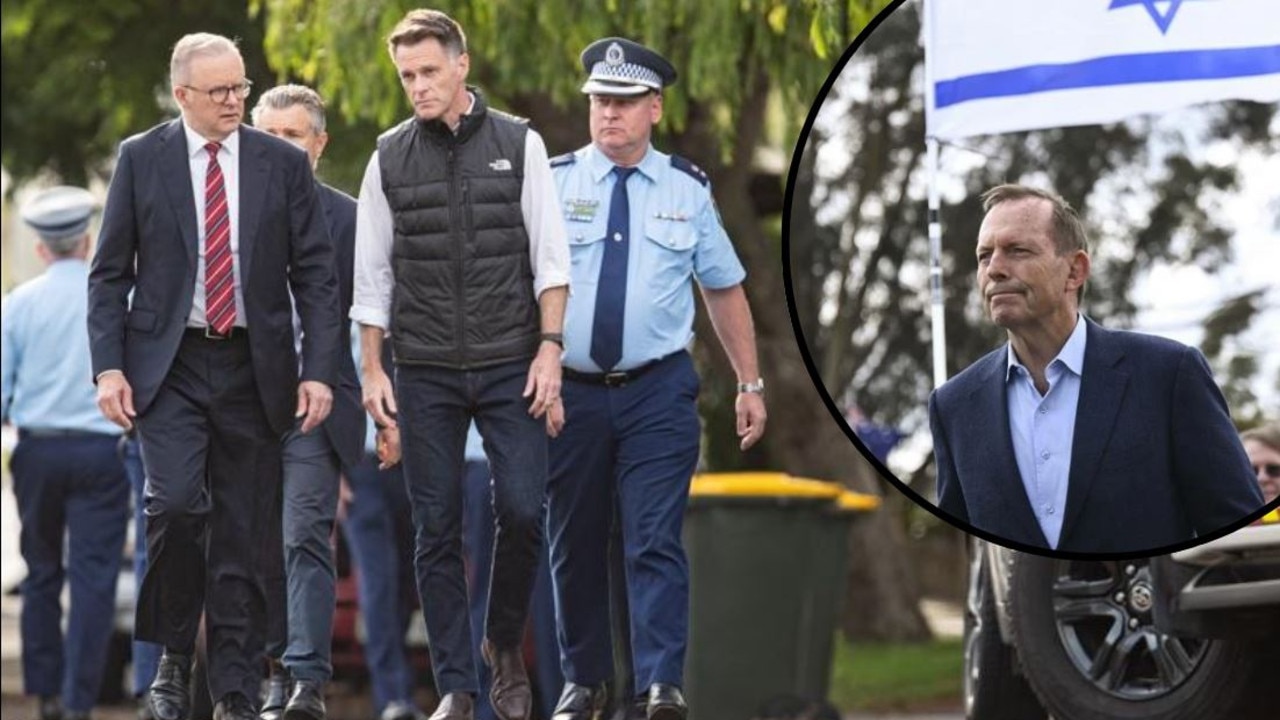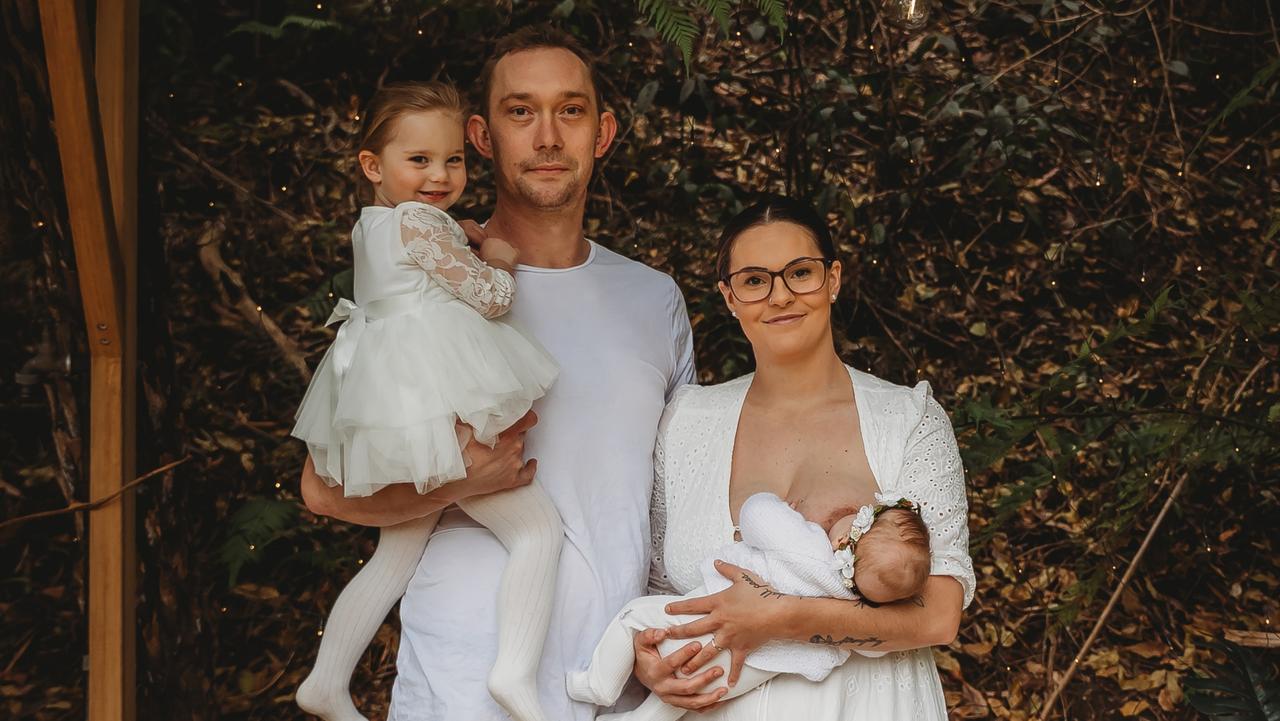Sunday Telegraph campaign win: Federal Government gives $20m to DIPG research
The Albanese government has allocated $20 million to help fund research into aggressive brain tumours which are a death sentence for children, following a campaign by families, researchers and the Saturday and Sunday Telegraphs.
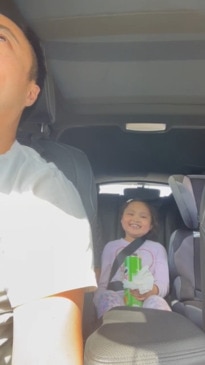
NSW
Don't miss out on the headlines from NSW. Followed categories will be added to My News.
Children and their families who are desperately fighting a deadly brain cancer have new hope thanks to a $20 million funding injection for research.
Federal Health Minister Mark Butler has answered the pleas of little Maddy Suy, who is one child battling a monster known as DIPG, and The Sunday Telegraph.
The cash injection is a major victory for Maddy, her family, and the children and bereaved parents across Australia who have put their own personal grief aside to tirelessly campaign for funding.
“I am happy the government is helping and supportive,” Maddy said after hearing the news.
“I will continue singing and staying strong to help my friends.”
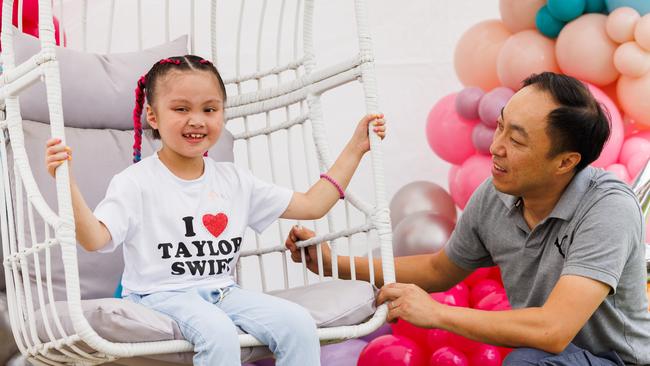
Today, The Sunday Telegraph can exclusively reveal $20 million will be made available over seven years through the Medical Research Future Fund for clinical trials and vital work to find new treatments.
As part of this program, a new national childhood brain cancer clinical trial consortium will be established.
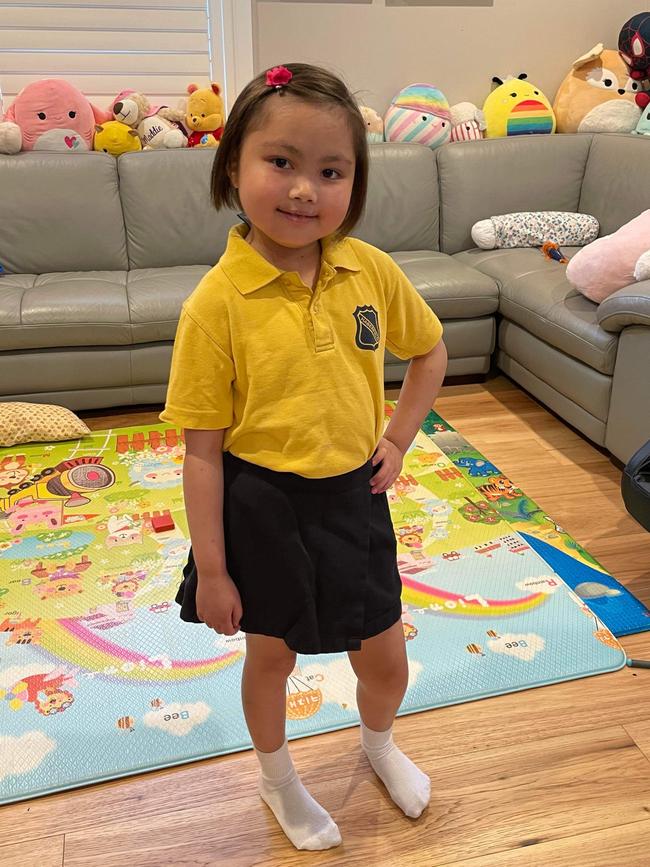
Mr Butler said that “research is a key weapon in our fight against DIPG and childhood brain cancer”.
“We need bold and innovative research approaches to find treatments and a cure for DIPG and childhood brain cancer.
“The consortium will build capacity and capability in infrastructure, researchers, and the health system to find treatments and give hope to families and kids with brain cancer.”
Leading researcher Professor Matt Dun, a cancer scientist who tragically lost his daughter to DIPG and who has dedicated his working life to help other DIPG sufferers, praised the government for the funds.

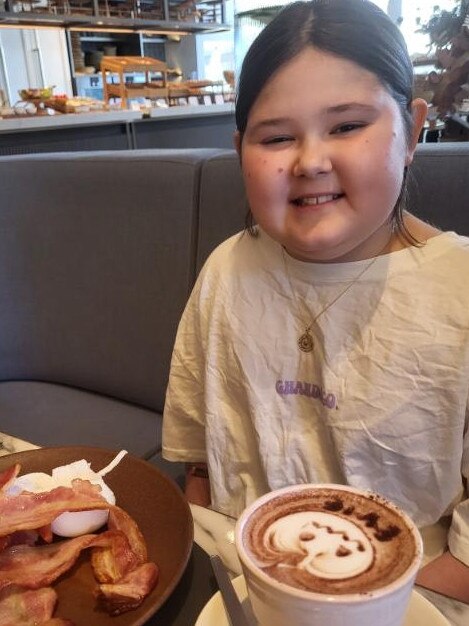
“As a DIPG/DMG researcher, advocate, philanthropist and dad, this is very welcome news,” he said.
“On behalf of families, and the DIPG/DMG community, we thank the minister and the department for listening to our urgent call for significant funding for critical fundamental research and new clinical trials to help us on our continued mission to provide options for the leading cause of death from childhood cancer.”
While the research funding is a giant leap forward, kids like Maddy who are suffering today still need funding for treatment and the removal of red tape for trials.
The Year 4 student changed the spelling of her name from Maddie after telling her dad Alan she didn’t want to see the word “die” in her name.
Mr Suy said the funding announcement made him “proud to be Australian”.
“I’m grateful that The Sunday Telegraph’s Maddy’s Wish campaign is getting recognised,” he said.
“The public is behind us and the Australian government is taking us seriously and recognising the importance of this crucial funding to find a cure.
“We will lead the world and set a great example for the rest to follow.”
Through Maddy’s Wish campaign, The Saturday and Sunday Telegraphs have shared the stories of families from NSW, WA, Victoria and Queensland who are fighting DIPG or have lost a child to the aggressive cancer that has an average survival post-diagnosis of between nine and 12 months.
The families were rocked again when Evie Whipps lost her gruelling 11-month battle just two weeks ago.
Every year, 20 Australian children are given the death sentence, yet funding for research and clinical trials has been abysmally low.
The families had asked the federal Government for urgent funding with a goal to double the survival rate in the next five years.
This funding announcement is the result of tireless work by Professor Dunn and parents, including Angie Sari-Daher, Tamer Daher, Hanna Pringle, and Beau and Terry Kemp, who founded the advocacy group Australian DIPG families.
Got a news tip? Email weekendtele@news.com.au

